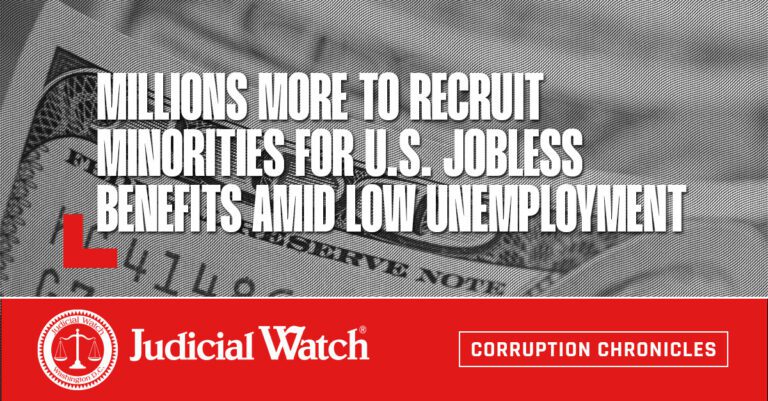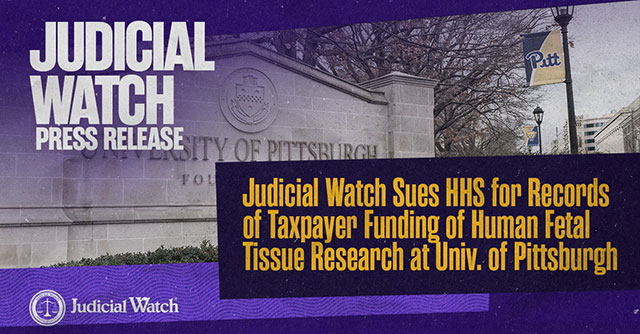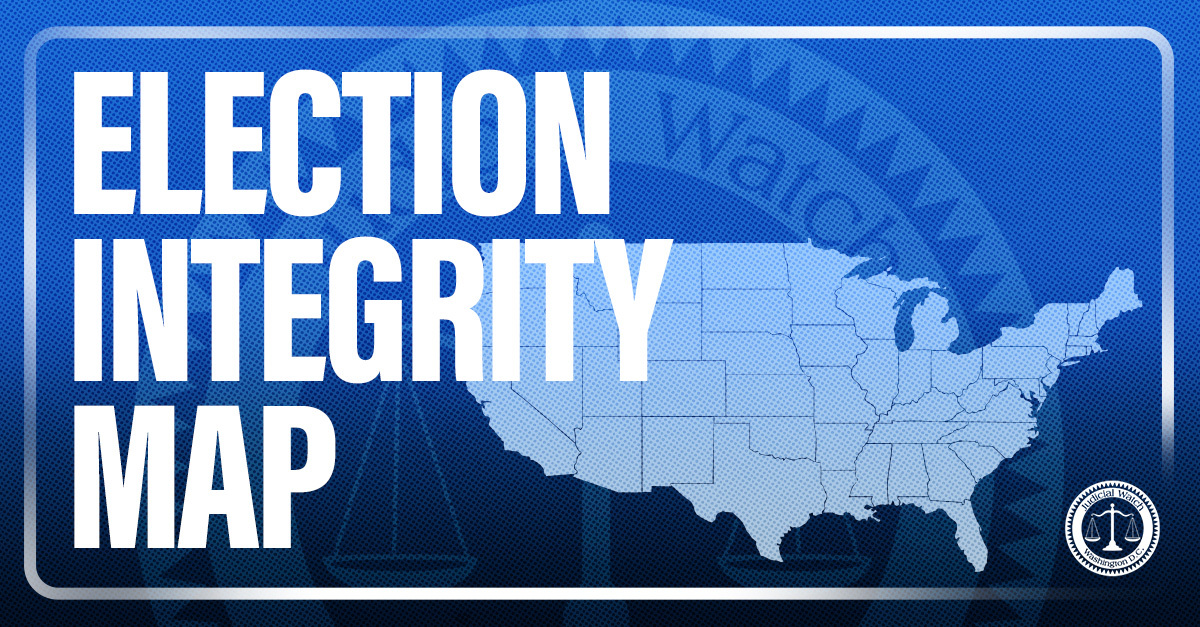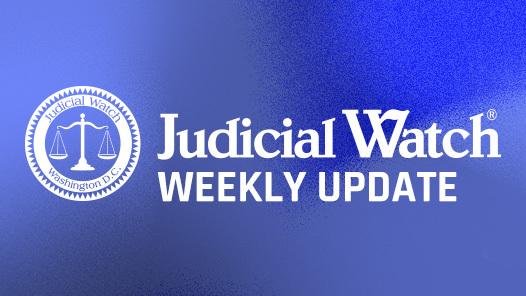
Millions More to Recruit Minorities for U.S. Jobless Benefits Amid Low Unemployment

U.S. unemployment is low and stable, yet the Biden administration keeps giving states millions of dollars to boost the number of minorities—especially non-English speaking or limited-English proficient—that sign up for government jobless benefits. The goal is to address racial disparities and promote “equitable access” to the program. The money—an unprecedented $260 million—started flowing in early spring of 2022 to advance equity in state unemployment insurance. COVID-19 inspired the controversial project, according to the Department of Labor (DOL), the agency disbursing the funds. “Throughout the pandemic, disparities in access to benefits affected women, communities of color and other marginalized workers at a higher rate and often delayed delivery of much needed financial support and services,” the DOL announced last spring. “These disparities in access to unemployment insurance exposed serious real-world shortcomings in the outdated systems used to deliver state and territories unemployment insurance benefits.”
Specifically, the Biden administration aims to address disparities in the administration and delivery of unemployment benefits by race, ethnicity, language proficiency and disability status. To accomplish it, the DOL has directed states to use the taxpayer dollars to “support innovative strategies and solutions to promote equitable access” to unemployment compensation. “This includes funding that will increase public awareness of the program so more people apply, improve service delivery so claimants receive their first benefits in a timely manner and develop a better understanding of the equity challenges that need to be addressed,” the labor agency revealed last year. State officials can also use a portion of their grant to evaluate the effectiveness of programs they create with the federal funds. “To become a more robust safety net and economic stabilizer, our unemployment insurance system must serve all workers fairly and equitably,” Labor Secretary Marty Walsh declared.
The initial allocation of $20 million was split between three states—Oregon, Pennsylvania and Virginia—and the District of Columbia. Since then, the DOL has approved equity grants for 41 states and jurisdictions, a recent agency filing reveals. The document says that projects target a “wide range of underserved populations,” but identifies the top three as non-English or limited-English proficient, people with disabilities and low-income claimants with economic hardships. “States are continuing to use a diverse slate of strategies to promote equitable access to unemployment compensation programs,” the DOL writes. “Improving services to claimants and expanding access to services by improving technology or implementing new technology are primary areas of focus for most projects, with a core theme of resolving access barriers for underserved populations.” Some states are creating “customer outreach plans” that incorporate community-based groups representing the underserved populations.
Even though unemployment remains low, a few days ago the administration allocated an additional $9.5 million to sign up more minorities for unemployment benefits. The latest equity grants will go to Arkansas, Louisiana and Vermont so officials can implement projects that seek to remove barriers related to race, age, ethnicity, language proficiency and other system issues that make it difficult for people to access unemployment insurance benefits. Arkansas will get the biggest chunk, $4,562,000, with Louisiana receiving $2,661,616 and Vermont $2,283,000 to expand outreach, promote awareness, provide translation services and address disadvantaged communities’ other needs, according to the DOL. Not that long ago, the administration bragged about the record low unemployment rate among minorities, specifically black (5.4%) and Hispanic (4.5%) populations.
The minority unemployment benefit drive is part of a larger Biden administration effort to advance racial equity and support for underserved communities through the federal government. The costly initiative was launched back in January 2021 when the president issued an executive order claiming that “entrenched disparities” in laws, public policies, and private institutions have denied equal opportunity to individuals and communities and that the health and climate crises have exposed inequities while a “historic movement for justice has highlighted the unbearable human costs of systemic racism.” Following the order, Uncle Sam started cutting checks for the initiative and assigning special equity chiefs and commissions at agencies throughout the government.

















